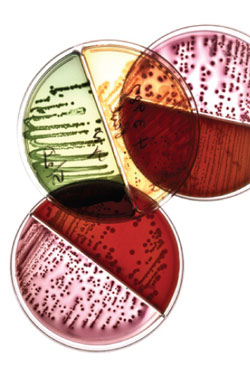
One of the trump cards in the pro-circumcision argument has been this: Men who are circumcised rarely get penile cancer and have a markedly lower incidence of AIDS and other sexually transmitted diseases. Studies have appeared to prove, disprove, and qualify both questions. So what are we to believe?
When it comes to cancer, an intact foreskin tends to trap bacteria against the delicate and permeable skin of the glans. That can create an environment that breeds infections and, over time, raises cancer risk. That said, penile cancer is already extremely rare, constituting just 0.2 percent of all cancers in U.S. men. Simply keeping clean may be nearly as effective as circumcising.
In terms of AIDS, scientists have found that the inner surface of the foreskin contains a large number of immune cells that attract the virus. Add to that the fact that the foreskin tends to trap germs, and you have a well-defined means of infection. In one of the largest randomized controlled studies on AIDS and circumcision in sub-Saharan Africa, researchers found that widespread mass circumcision could cut HIV infection rates by 60 percent or more. The prevailing science, in other words, suggests that universal male circumcision would probably significantly decrease the spread of AIDS in Africa. Whether the same benefits are enough to justify the procedure in the West remains an open question.
